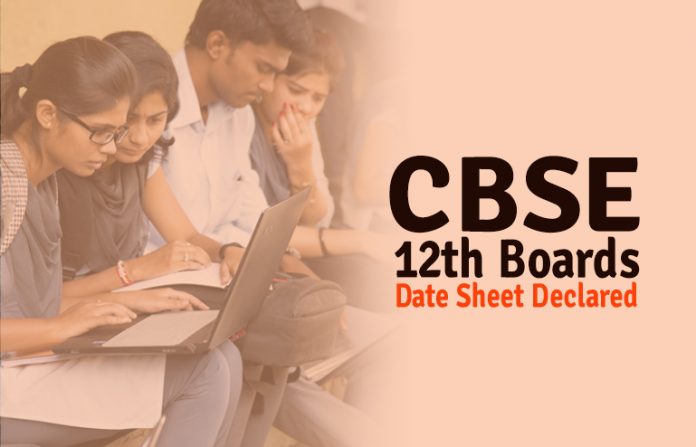The GD-PI round is the most crucial step in cementing your admission. Most B-schools in the country use it as the platform to enlist the deserving candidates. CAT percentile, work experience, and academic background stands as the backbone for the consideration of interview call, which in turn, rests massively on GD-PI performance for the call convert.
Despite perfect CAT scores and brilliant academic profile, most students feel the nerves during the GD-PI session. While there could be other factors responsible for this, varying from person to person, the lack of proper direction or understanding of the GD-PI panel leads to a swing and a miss even for the brightest of the brightest. And, this results in halting of ‘call convert’.
The major foundations for GD-PI round includes:
1. Strong general knowledge/awareness for GD
Keep your content preparation solid. Current affairs and happenings are expected of every candidate to be updated with during group discussion. The questions asked revolves around topics like social issues, national politics, economic trends, population trend, country growth/decline, international issues, and related. While getting a grip on the news and current affairs, cross your facts and ground your arguments. Given, the chances of knowing every single topic by heart is rather not possible, but should that happen, it is okay. Compose yourself and listen. Sometimes the greatest gift is to listen and observe. Even if the discussion is on a topic that sounds foreign to the ears, listen and try to grasp the idea, this way you can initiate your own ideas and pitch in.
2. Logic and neutrality for WAT
Keeping in mind the WAT round, which is now adopted by most IIMs in lieu of GD, the candidates are expected to write essays on certain topics. The answers, regardless of positive or negative should maintain a neutral and logical tone to it. Some of the past WAT topics asked were:
- Railway Budget
- How social are social networks?
- How beneficial is Indo-US relation for India?
- Digital India
- Climate Change Summit Paris
- Human Resource in India
- Demonetization
3. The conviction of confidence during PI
PI round is very crucial because most top B-schools, especially the IIMs, give a heavy weightage to it. Having facts crystal and doing the research spotless will go down the drain if confidence is missing. Being confident in the way you speak, the way you deliver, makes a huge impact in setting a good impression on the listener. Sometimes we experience a slip of tongue or slip of facts, and when this happens, confidence swoops in and saves the day. Every word that rolls off the mouth must be armored in confidence to show that you are the right candidate, and that you are here to fight for your seat.
4. The gift of presentation throughout GD-PI
Presentation is the art of making things seem more appealing, and this is very important during the GD-PI round. Your content may contain all the needed facts but if presented poorly, it may push away the interest. Presenting the right way during GD-PI round includes voice and tone, crisp deliverance of ideas, neat dressing, punctuality, the manner of addressing the group, the choice of words, body language and more.
A smart presentation can dictate how the rest of the discussion will go, hence, deliver the points neat and brief and avoid beating around the same bush repeatedly. Make eye contact with the group during the group discussion, not individuals. Also, refrain from catching eyes with the moderators because they are there to assess the group, not to discuss. Maintain good body language by sitting straight, stay away from rude gestures like pointing fingers and disagreeing unpleasantly. Ideas are versatile and opinions will differ, but the key is to disagree calmly and diplomatically. Finally, there is no need to become someone entirely new during the interview; the main thing is to be true with just the right dose of refinement.
5. Be genuine and sincere
During the personal interview round, the panel asks basic questions which involve self-introduction. While answering, be genuine, don’t say something you’re not because the experts can see right through it. Further, be real in answering questions related to your strengths and weakness. Tell the panel how your strength pushes you to achieve your goals, and how your weakness is both a constant reminder and motivation to become better.
Coming to the question of ‘why do you want to do an MBA’, when asked, be clear and on point. There is a always a beautiful or heart touching story behind the building of a dream but it’s a busy world, and the panel experts are busy people, so deliver your point short, crisp, and neat. Some of the other basic questions asked during personal interview may involve your hometown, hobbies, academics, experience and related.
Be specific and crisp, both vocal and written, answer humbly but with confidence and most importantly, remain calm. Wishing you the best of life and luck!
For more information on Career Launcher’s GD-PI program, click here.





























































